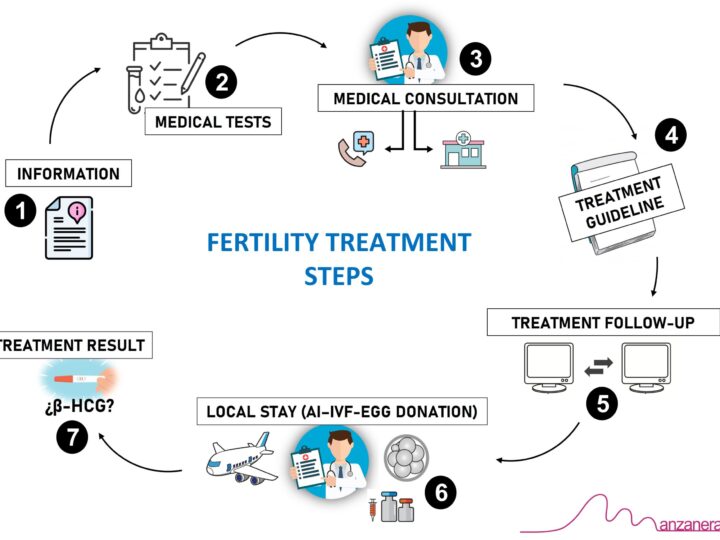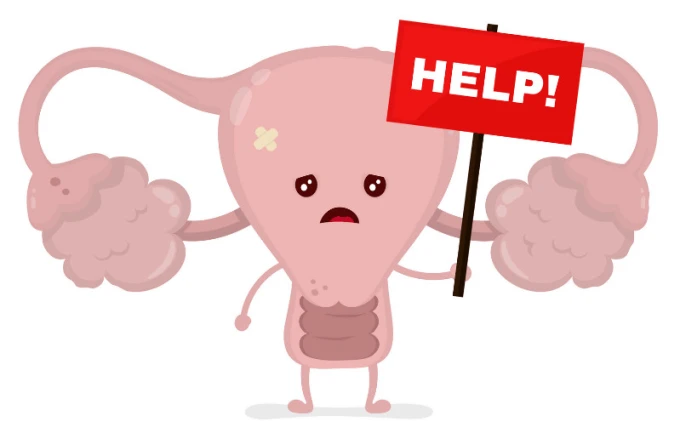
Numerous experimental studies reveal that tobacco is responsible for alterations at the reproductive level, but this fact oftentimes does not translate in the same way in clinical practice. Most of the experimental studies test only one substance, especially nicotine, even though substances like cadmium and hydrocarbons are also inhaled with tobacco. On the other hand, it is a substantial factor at the time of the results, where dose and exposition time are crucial.
Some studies find that tobacco inhibits follicle growth and affects the cells of fallopian tubes which are so important for the transfer of fertilised oocyte to the uterine cavity.
Various population studies observed that female smokers in comparison to non-smokers experienced delays in getting pregnant for more than 12 months, whereas non-smokers became pregnant within 6 months. Tobacco consumption in men also increased the time necessary to get women pregnant.
The major difficulty is finding out how passive smokers are affected. The research that we have to this day gives us contradictory results. Some researchers detected the same results in passive smokers and non-smokers, while others observed a reduced number of oocytes obtained in IVF techniques where the male partner is a smoker. It was also found that both active and passive female smokers turned pregnant less often.
Tobacco consumption is associated with diminished natural fertility and worse results in IVF treatments. Even though some authors do not find an evident negative effect, others indeed do. This is probably attributed to the duration and intensity of consumption, and other toxic materials consumed along with tobacco like alcohol, coffee, and other drugs.
Regarding embryo implantation, it may be diminished due to tobacco consumption. Female smokers smoking more than 10 cigarettes per day have lower gestation rates but do not demonstrate higher rates of miscarriages. More recent studies have found more miscarriages and ectopic pregnancies.
In relation to the reproduction techniques, studies show that women require higher doses of gonadotropins and still fewer oocytes are obtained than in non-smokers. Men suffer from reduced semen volume, lower spermatozoid concentration and mobility.
Despite the fact that statistically strong studies are still missing, we can conclude that tobacco is harmful to woman’s and man’s reproductive health. Here are a couple of recommendations:
• Be aware that active and passive smoking reduces fertility both in men and women.
• Try to seek help in order to quit smoking.
• Quitting smoking enhances fertility and improves global health.
American society published a study in 2008 that affirms that approximately 13% of sterility can be related to tobacco consumption.
IMAGE: https://www.dvd-dental.com/blogodontomecum/tabaco-y-salud-oral/
#assistedreproduction
#fertilitytreatment
#eggdonation
#IVF
#ICSI
#ivficsi
#artificialinsemination
#manzaneraclinic
#gynecology




